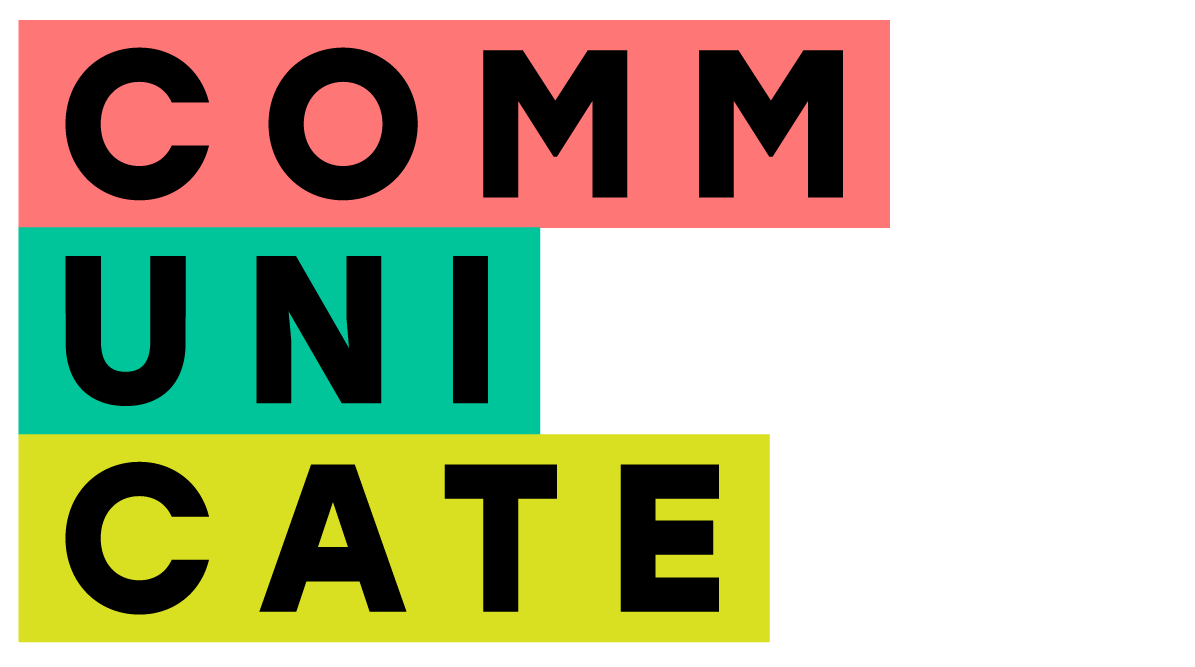Empowering the Next Generation: How to Support Young Employees' Skill Development
In today's rapidly evolving workplace, staying ahead of the curve requires a commitment to continuous learning and development. This is especially true for young people entering the workforce, who face a dynamic landscape of emerging technologies and evolving skill sets.
Why Upskilling Young People Matters
From a Diversity, Equity, and Inclusion (DEI) perspective, investing in young talent development is not just beneficial, it's essential. Here's why:
Bridging the Skills Gap: The job market is constantly demanding new skill sets. Equipping young people with in-demand skills levels the playing field and ensures a more inclusive talent pool. Companies can also ensure their workforce possesses the skills needed to adapt to future demands, which keeps the organization competitive.
Fostering Innovation: Young minds bring fresh perspectives and a willingness to learn new technologies. By investing in their development, companies can tap into this creative energy and drive innovation.
Promoting Long-Term Engagement: When young employees feel valued and have clear pathways for growth, they're more likely to stay engaged and contribute their talents to the organization for the long term. This reduces turnover costs and fosters a more stable, diverse workforce.
Building a Culture of Learning: A focus on upskilling creates a culture where continuous learning is encouraged for everyone. This benefits employees of all ages and backgrounds, fostering a more inclusive and collaborative environment.
Top 6 Strategies to Support Young People's Development
Here are six key strategies DEI consultancies can recommend to organisations for supporting young people's skill development:
Needs Assessment & Personalized Learning: Conduct a skills gap analysis to identify areas where young employees need the most support. Tailor training programs to address these specific needs, offering a variety of learning formats (workshops, mentoring, online courses) to cater to different learning styles.
Mentorship & Sponsorship Programs: Pair young employees with experienced mentors who can provide guidance, support, and career advice. Consider establishing sponsorship programs where senior leaders champion young talent and advocate for their advancement.
Cross-Functional Opportunities: Provide opportunities for young employees to work on projects across different departments. This broadens their skillset, exposes them to diverse perspectives, and fosters a sense of collaboration within the organization.
Microlearning & On-the-Job Training: Young learners often thrive in bite-sized, engaging learning experiences. Utilize microlearning modules, online courses, and on-the-job training opportunities to provide accessible and continuous skill development.
Leadership Development Programs: Invest in programs specifically designed to equip young people with leadership skills. This may include training on communication, negotiation, conflict resolution, and team management.
Feedback & Recognition: Create a culture where feedback is both encouraged and constructive. Regularly recognize and celebrate the achievements of young employees, boosting their confidence and motivation.
Building a Sustainable Upskilling Ecosystem
By implementing these strategies, organizations can create a sustainable upskilling ecosystem that empowers young talent to thrive. Here are some additional considerations:
Promote a Culture of Lifelong Learning: Encourage a growth mindset within the organization where continuous learning is valued. Provide resources and support for employees to pursue ongoing professional development.
Embrace Diversity of Thought: Ensure training programs are inclusive and reflect the diverse experiences and perspectives of young people. This fosters creativity and innovation within the workforce.
Unconscious Bias Training: Educate managers and leaders on unconscious bias to ensure fair evaluations and access to training opportunities.
Flexible Learning Options: Offer diverse learning formats, including online resources and part-time programs, to accommodate different learning styles and schedules.
Targeted Support: Identify and address any barriers that may hinder specific groups of young people from participating in upskilling programs. This could involve providing financial aid or language translation services.
Track Progress & Measure Impact: Regularly evaluate the effectiveness of upskilling programs and adjust strategies as needed. Measuring the impact on employee engagement, retention, and skill development helps demonstrate the value of these initiatives.
By investing in upskilling and training young people, organizations can build a diverse and adaptable workforce equipped to thrive in the face of change. DEI consultancies such as Communicate Inclusively play a crucial role in guiding companies to implement these strategies, fostering a culture of continuous learning, and ensuring that young talent has the tools and support they need to reach their full potential.
Contact Us now or Book a Call to discuss how we can help you create a more inclusive workplace environment for your young people.
This commitment to upskilling will not only benefit young employees but also ensure a more inclusive, innovative, and future-proof organisation for everyone.
